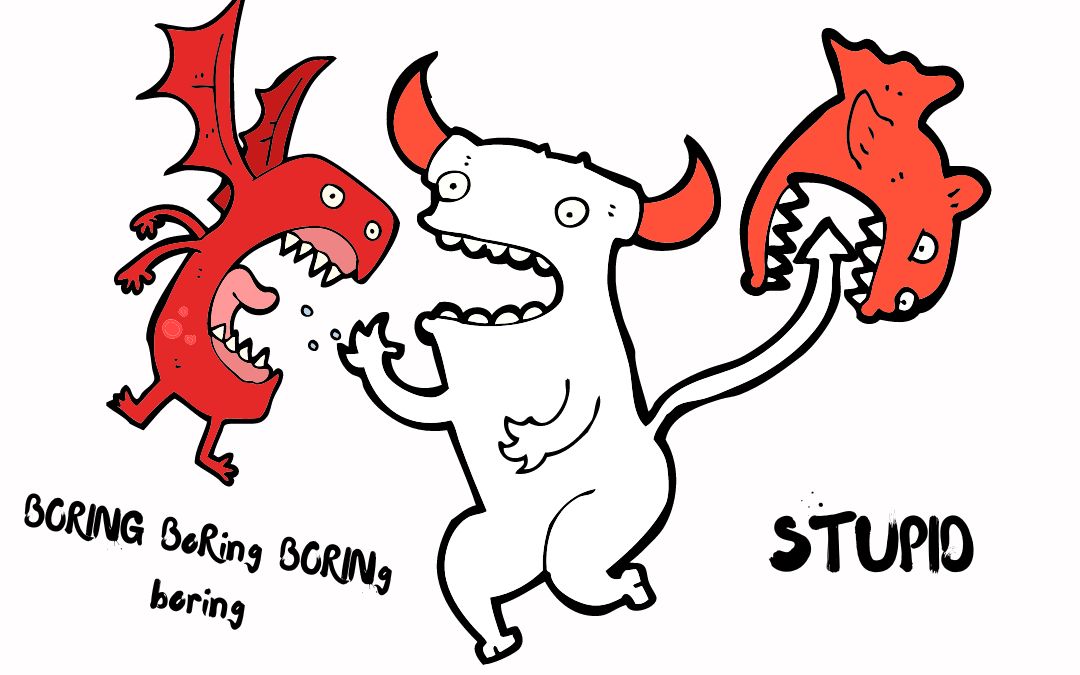Why I Won’t Assign Annotated Reading
Annotated reading, where students mark up and comment on texts as they read, is promoted by eager teachers fresh out of teacher training as a comprehension strategy. Some very boring studies show that annotated reading improves learning of boring topics. No, I am not going to footnote that. I’m just going to wait until the research is debunked.
It is no secret, though, that students hate annotated reading. We often hear that students rebel against annotating because it takes the fun out of reading and it creates extra busywork within homework for reading assignments. Well, that’s obvious! Underline that one and star it as well!
But there is a deeper generational struggle around forcing students to annotate.
Three Reasons Students Hate Annotated Reading
- Kids live in a world where true focus is stolen from them by the apps and devices they love. Deep immersion is a luxury that has been denied to millennials and Gen Z. Annotation makes it impossible for kids to truly enter the flow of the text, and they resent the intrusion.
- Annotated reading creates yet one more graded performance of knowledge. Kids are on constant display on social media and pitted against each other in an increasingly competitive school and sports environment. Now teachers essentially want to grade their diaries. Back off, Boomers!
- Part of the War on Reading is an effort to reduce reading to an information tool. The value of reading is much more than data acquisition. Gen Z understands that reading is a form of self-care, and studies show it improves well-being and even acts as a hedge against dementia. Poisoning kids against reading is bad for their health.
Boomer-era education practices are often based on a discipline and punish mentality with a strong reliance on the expected submission of the captive audience. Those methods don’t work anymore. Over the last two generations, kids have been released from adult authority and turned into consumers. In order to compete with the companies who are buying their attention, teachers must actually think about what kids want and enjoy.
There is A Better Way
Here’s another evidence-based reading practice: doodling. Studies have shown that doodling helps students focus and increases understanding and retention, as well as reduces stress. And kids actually like to doodle and experience it as a creative as opposed to a rote activity.
So I’m happy to tell my students about the supposed benefits of annotated reading and encourage them to do it. But I refuse to look at their work unless they volunteer a particularly fabulous doodle they truly want to show off.
The flip side of authoritarian teaching practices is that they are also bad for teachers. It is pure drudgery to grade annotated reading assignments, and it makes teachers hate reading too. When teachers are turned off reading, they begin the slow process of becoming angry fossils at the bottom of the neglected classroom terrarium.
Also Read: Fred’s University Moves To Eliminate The English Department

